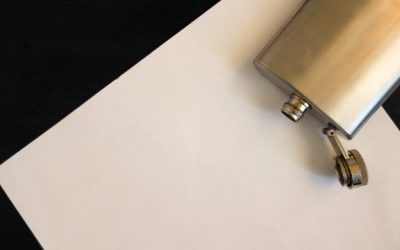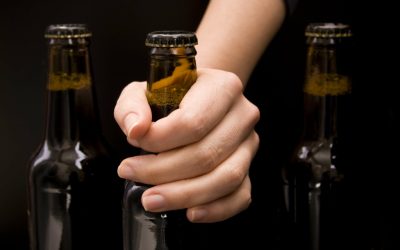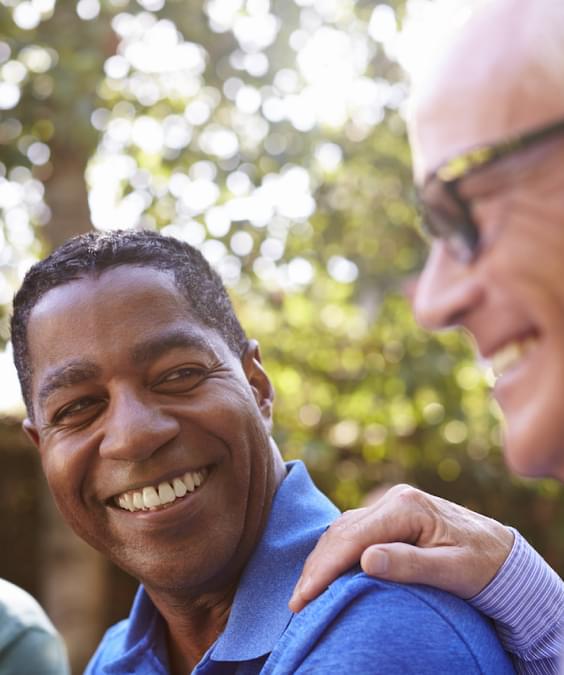“Alcohol also affects serotonin and dopamine pathways, both of which are implicated in mood and anxiety regulation,” she says. Antidepressants may be taken every day to help treat anxiety, while benzodiazepines are generally used for temporary relief from uncontrollable feelings of anxiety. Talk to your doctor to decide which type of medication is best for you. According to alcohol effect on anxiety the Anxiety and Depression Association of America (ADAA), about 7 percent of Americans have this form of anxiety. Alcohol changes levels of serotonin and other neurotransmitters in the brain, which can worsen anxiety.

Sleep Disruption and Anxiety Amplification
- Alcohol’s impact on neurotransmitters and the body’s stress response system can leave individuals feeling anxious, irritable, and emotionally fragile after a night of drinking.
- The relationship between alcohol use and anxiety is complex and multifaceted.
- In this situation, a person expects to get relief from their anxiety symptoms when they consume alcohol because of its effect on the central nervous system (CNS).
- Because of these changes, people may have mood problems and cognitive issues that continue even after they stop drinking.
- The fear of having a panic attack, because they are so frightening, can be a reason why some people continue to drink alcohol.
- Regular or binge drinking can contribute to alcohol dependence, which often leads to mood disorders.
Alcohol enhances the activity of GABA receptors, leading to increased GABAergic signaling and a temporary reduction in anxiety symptoms. This can create a sense of relief and relaxation, providing individuals with a temporary respite from their anxiety. Furthermore, the long-term effects of alcohol on GABA can also contribute to the development of other mood disorders, such as depression.
Alcohol’s Impact on Depression
- When you drink, do you couple this with eating pretzels, pizza or sweets?
- Older adults may experience heightened anxiety after drinking due to age-related changes in metabolism and the body’s ability to process alcohol.
- In many societies, drinking is a socially accepted way to unwind or cope with stress.
- Over time, this cycle leads to a condition known as alcohol-induced anxiety, where the very substance meant to provide relief becomes the root cause of chronic stress and unease.
Another proposed theory refers to an expectancy component in people with anxiety who use alcohol. In this situation, a person expects to get relief from their anxiety symptoms when they consume alcohol because of its effect on the central nervous system (CNS). Alcohol can produce a sense of euphoria and decrease a person’s inhibition.

Signs That Alcohol Might Be Worsening Your Anxiety Include:
This can definitely cause anxiety and worsen any existing phobias or overthinking tendencies you may already have. Do you ever notice yourself feeling a little out of sorts the day after you drink? It can help individuals maintain sobriety while addressing underlying anxiety issues. Alcoholics Anonymous and other 12-step programs can marijuana addiction be beneficial for some individuals.
- Support groups provide community and shared experiences, which are very helpful during recovery.
- When these symptoms become overwhelming, the person might have an alcoholic drink to try to calm down.
- Support groups often have a helpline for quick help and make you feel like you belong.
But your body also uses it as a crutch, and when the alcohol leaves your system, even if it is not much, your brain suffers from withdrawal, which can increase anxiety. Your regret from something that happened last night or something that worries you about the future could be significantly exacerbated by the chemical reactions in your brain, causing you to feel anxious. While you are under the effects of alcohol, your anxiety levels may https://biralmadinah.org.sa/?p=3674 temporarily decrease. But the day after drinking, or a few hours after drinking, when the alcohol wears off, the anxiety can be powerful and damaging. Healthy anxiety reducers include therapy, such as cognitive-behavioural therapy (CBT); mindfulness practices; and regular exercise.

In fact, studies show that people with anxiety disorders are more likely to develop alcohol use disorder (AUD), and vice versa. What begins as a casual drink to relax can gradually turn into a dependency that fuels worsening mental health. However, drinking alcohol as a coping mechanism for emotion regulation can potentially exacerbate underlying mental health conditions.

